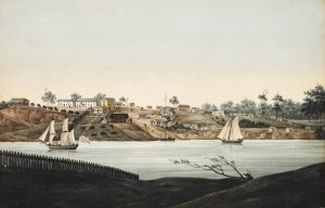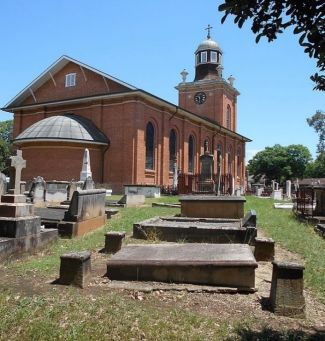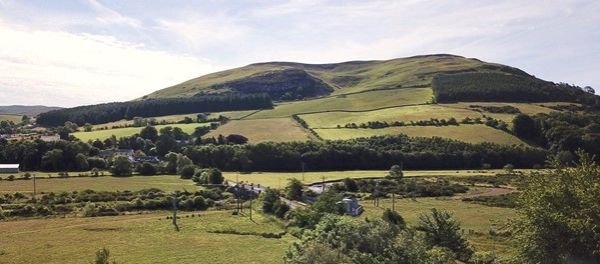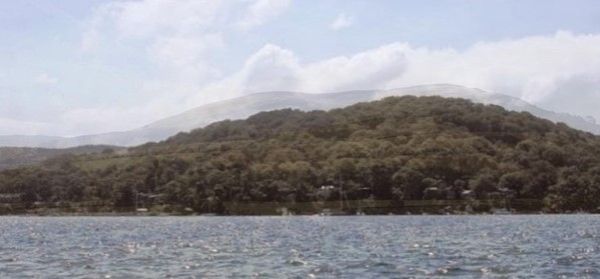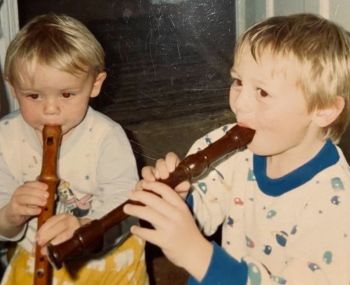| Having trouble reading this newsletter? Visit https://ymlp.com/archive_gesgjgm.php | ||||||||||||||||||||||||||||||
 |
||||||||||||||||||||||||||||||
June 1, 2021 |
||||||||||||||||||||||||||||||
|
Newsletter for the
Offshore Residents of Pittwater, Australia - Volume 22,
Issue 1156
We acknowledge and pay our
respects to the Traditional Custodians of
Pittwater, as well as our indigenous readers
|
||||||||||||||||||||||||||||||
Contents
What's So Scottish About Scotland Island?
Roy Baker
Neither the vegetation nor the climate of Scotland Island is reminiscent of Scotland. So why the name? A simple answer is that Andrew Thompson, the island’s first European owner, was Scottish. But is there more to it than that? It is questionable whether the island's choice of name was just an act of patriotism. By the look of things, Thompson liked money. If he had merely wanted to honour his homeland then surely he would have selected his choicest piece of real estate for that purpose. But it’s hard to imagine that Scotland Island was economically significant to Thompson. In fact it constituted less than 5% of the 10 km2 of land owned by him at the time of his death. Most of the rest was quality arable and grazing land along the Hawkesbury River or in Minto, close to Campbelltown.
Why should Scotland Island matter to Thompson? His main home was not here but at Windsor, where Governor Macquarie stayed while touring the area. Thompson built on Scotland Island, but there is little evidence that he spent much time here. After all, he wasn’t granted the island until a few months before his death. The island wasn’t even Thompson's first choice as a site for his salt pans: they were originally on Dangar Island and presumably would have remained there but for stiff resistance from the indigenous population. So what might this insignificant speck of an island signify to a money-driven entrepreneur? Behind this tale of wealth and success lies, perhaps, a sadder story: one involving remorse, heartbreak and rejection. Thompson was born in 1773 and baptised in Yetholm, a village less than 3 km from the English border. By all accounts Thompson’s life started well: he was educated at the local school and seemed destined for a comfortable career in his father’s business or the public service.
But something went wrong in Thompson’s teenage years. Already a slightly built boy, Thompson became ill. Around the same time he fell into bad company. Then, in August 1790, something propelled him to break into two houses, one of which belonged to his own brother. Thompson was caught, sentenced to transportation, and disowned by his family. Thompson was raised among the Cheviot Hills, which straddle the Scottish border. Overshadowing his village is Staerough, a hill that rises to 331 metres. Viewed from Thompson’s home, Staerough has a distinctive shape, consisting of two mounds, one slightly higher than the other. Thompson grew up with Staerough, and the hill’s contours must have been indelibly printed on his memory. We can only imagine what went through Thompson’s 17-year-old mind the last time he saw his childhood home and his family. And we don’t know the precise circumstances in which Thompson first caught sight of Scotland Island. But it is likely that he approached the island from the north. As any sailor on Pittwater knows, Scotland Island also has a distinctive shape, consisting of two mounds, one slightly higher than the other. Superimpose an image of Scotland Island onto one of Staerough and the similarity is uncanny. Thompson died well-connected, yet he bequeathed half of his wealth to his relatives in Scotland. But his family’s rejection of their wayward son extended even beyond his death, and the bequest was refused. And so Thompson remains buried in Windsor, a world away from the lonely, wind-swept heather of Staerough.
Principal source: Pittwater Online News. Thanks to Bill Gye for the original idea.  Where Are They Now?The Leimbach BrothersRoy Baker
Anyone living on Scotland Island in the 1990s might remember two cherubic boys with a penchant for music. And anyone who follows the Sydney indie pop scene will probably know that that musical proclivity never wore off. Late last year, Oliver and Louis Leimbach of the group Lime Cordiale won the Breakthrough Artist category at the ARIA Awards.
Oli, the older boy, attended the island kindy, and is well remembered by Susanne Franki, who worked there at the time. Annette Ritchie's daughter, Sam, babysat both boys. After leaving Scotland Island the brothers lived on the Bilgola Plateau and attended Pittwater High. Oli went on to study the clarinet at the Sydney Conservatorium of Music, while Louis studied fine art at UNSW. They spent their teens playing pubs and house parties, receiving death threats from neighbours unhappy with band practices in their parents' garage. But today Louis and Oli have a more appreciative audience. 1.4 million listen each month on Spotify, while their music enjoys global streams of over 100 million. Their album also hit number one on the ARIA chart. Success pays, and the brothers live in considerable opulence on Elanora Heights, although they have turned their helipad into a vegetable garden. The boys remain connected with their former offshore home. A few years ago they recorded a video on a barge on Pittwater. Apparently the rental for the barge was a case of beer: 'you can get anything on Scotland Island with a carton of beer', says Louis.
The Leimbach brothers clearly have fond memories of offshore life. 'It's super beautiful', says Oli, describing their childhood selves as 'bush kids' who roamed free. 'We'd run out of the house in the morning and our parents wouldn't hear from us until the evening', they recall. According to the brothers, Scotland Island in the 1990s was 'still quite artistic and bohemian'. But they don't seem quite so enamored with it 25 years later. 'It's a different place now, full of rich bastards', they say. 'But still lovely', they admit. Thanks to Jane Rich for bringing this story to my attention.  The
May Fire Shed Dinner
|
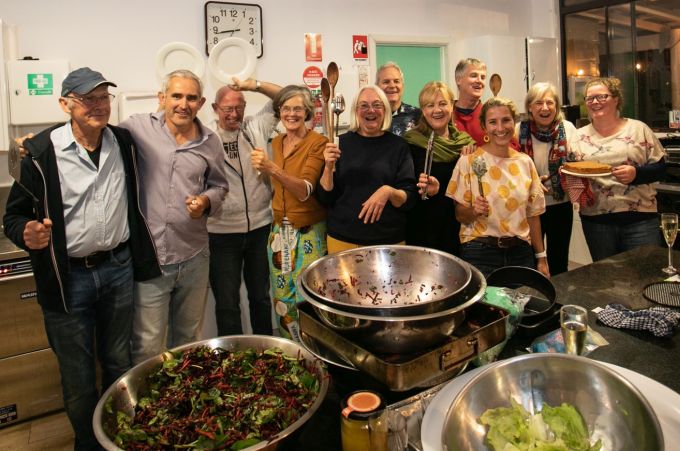 |
| The fire shed dinner team: thanks go to everyone who helped to make the night a success |
Huge thanks go to everyone who contributed to the success of the evening. These dinners involve a great deal of work, and every effort deserves recognition. We have the shoppers, the cooks, the door staff, the servers, the bartenders, as well as those who helped set out and the clean up the shed. And, of course, there are the singers and musicians. All of this was ably coordinated by Annette Ritchie, the brigade's Social Secretary.
The good news is that we already have three groups vying to put on future dinners. We'll keep you posted.
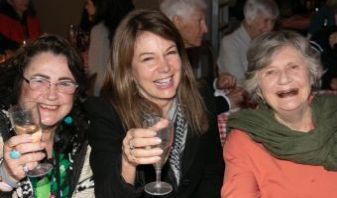
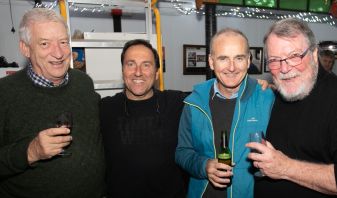
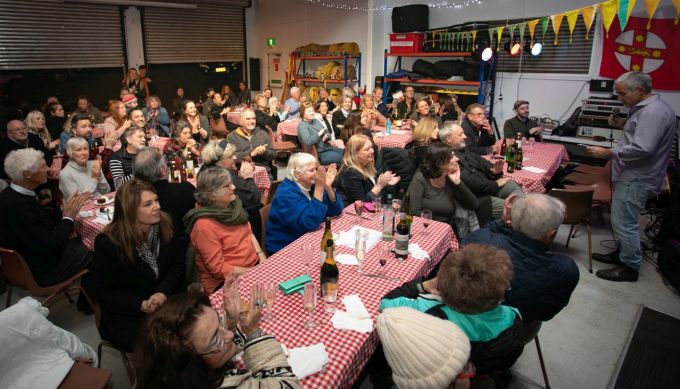
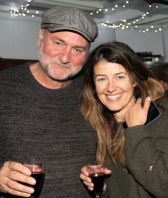
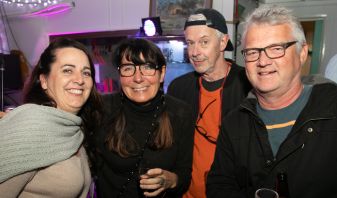
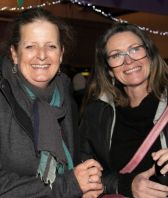
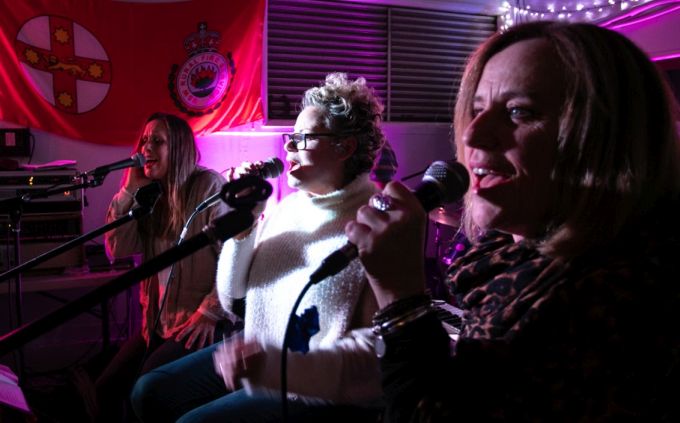
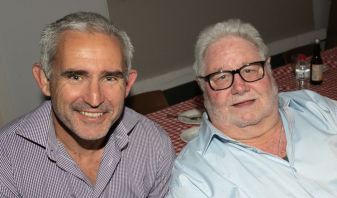
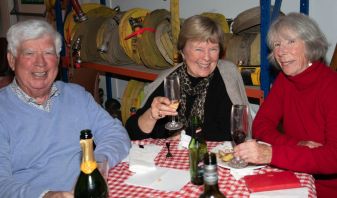

Playgroup, Anyone?
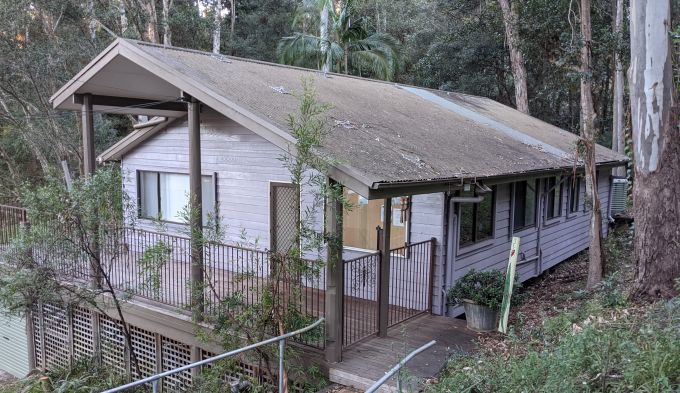
If this sparks any interest, please email me at jennifercullen57@gmail.com.

International Folk Dancing
Saturday, 12 June, 7:00 - 9:00 pm (NB change of date)
Saturday, 26 June, 7:00 - 9:00 pm
The first class (12 June) will be led by a guest teacher: Chris Wild, from the Sedenka Dance Group, Sydney. Chris has over 50 years' experience in teaching folk dancing internationally. Please be sure to arrive on time!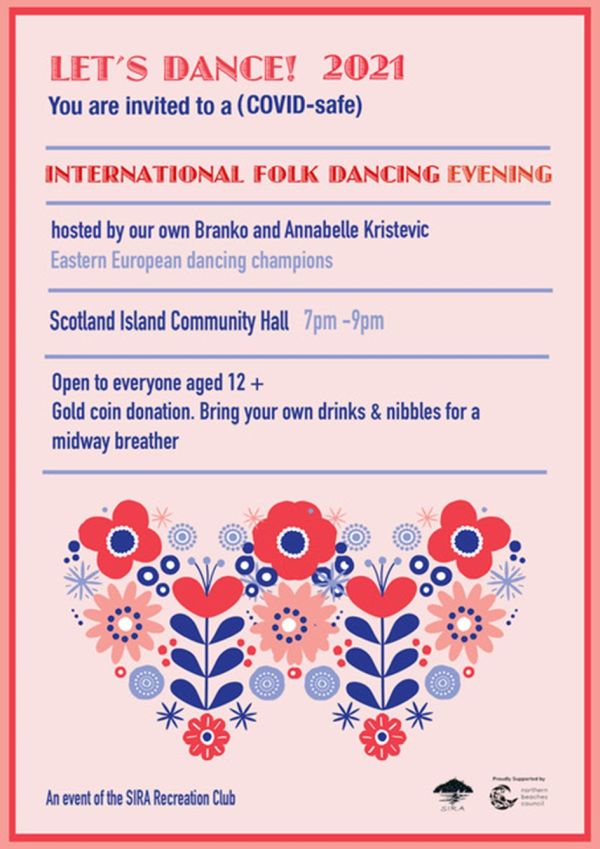

Two Catherines Café
Sunday, 13 June, 10:00 am - 12:00 noon
Sunday, 27 June, 10:00 am - 12:00 noon

Sacred Cycles
Sunday, 20 June, 9:00am - 5:45pm
The Sacred Cycles
workshop is for mothers and daughters, or for
grandmothers and granddaughters, or for any pairing
of an elder woman with a young maiden.
We spend the day journeying around the four weeks of
the menstrual cycle through the four seasons,
spring, summer, autumn and winter. We explore each
season through creative and nature-based processes.
Through journeying around the four seasons we
experience the life/death nature of the menstrual
cycle. We have the power each month to birth
something new into our lives and also to let
something go/shred something that is no longer of
service to us. This is what makes the monthly
journey around the menstrual cycle sacred, it
supports us to grow and transform.
We explore the challenges and gifts of each season
and what we may experience in each one, getting to
know what we need to give ourselves if we slow down
and listen deeply.
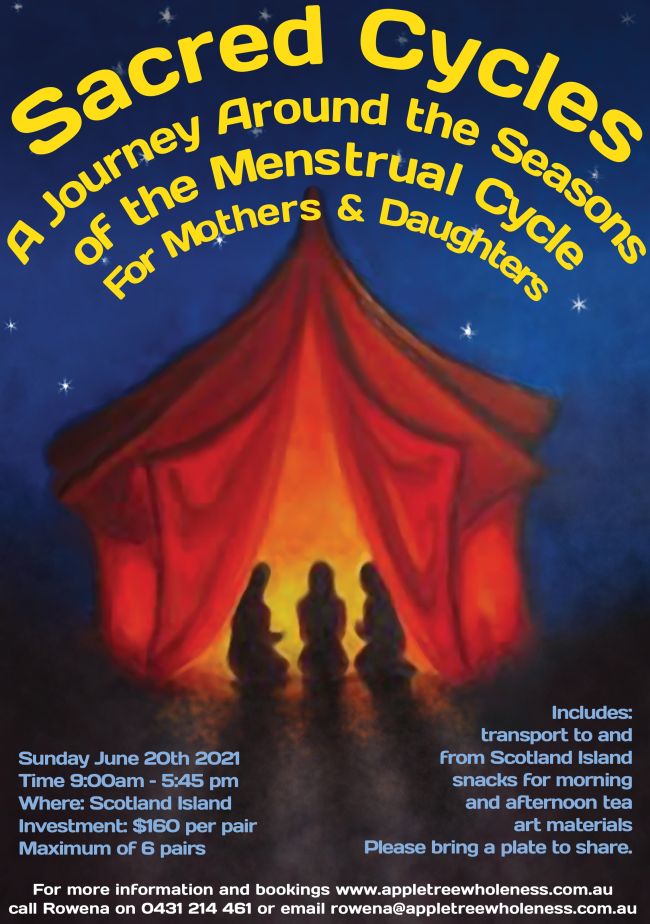
Scotland Island Rural Fire Brigade AGM
Sunday, 27 June, 2:00 - 3:30 pm
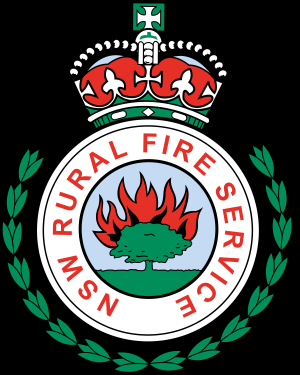
All members are encouraged to attend. For further information, and to register your attendance, please click here.

Young (and Young at Heart) Musicians' Concert
Sunday, 4 July, 2:00 - 4:00 pm

Advance notice:
Markus Plattner Concert
Sunday 18 July, 2:00 - 4:00 pm
Sydney Craft Week Festival 2021
Friday 8 - Sunday 17 October
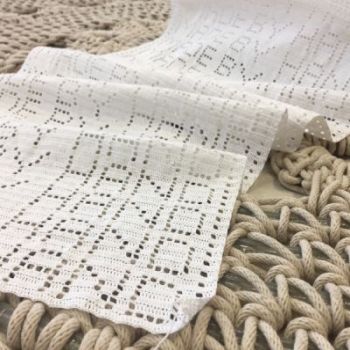
Sydney Craft Week is about celebrating creativity and the handmade in all its forms. This festival showcases excellence in making and creates the opportunity for the whole community to engage with craft, experience the benefits of making, and purchase locally handmade work.
For details see the Sydney Craft Week webpage.
Missed out on a previous newsletter?
To Contribute
If you would like to contribute to this newsletter, please send an e-mail to the editor (editor@scotlandisland.org.au).Subscription Information
To subscribe or unsubscribe, go to: http://www.scotlandisland.org.au/signup.Follow the PON
 |
 |
 |
The Online Local Contacts Guide
Click HERE to load

